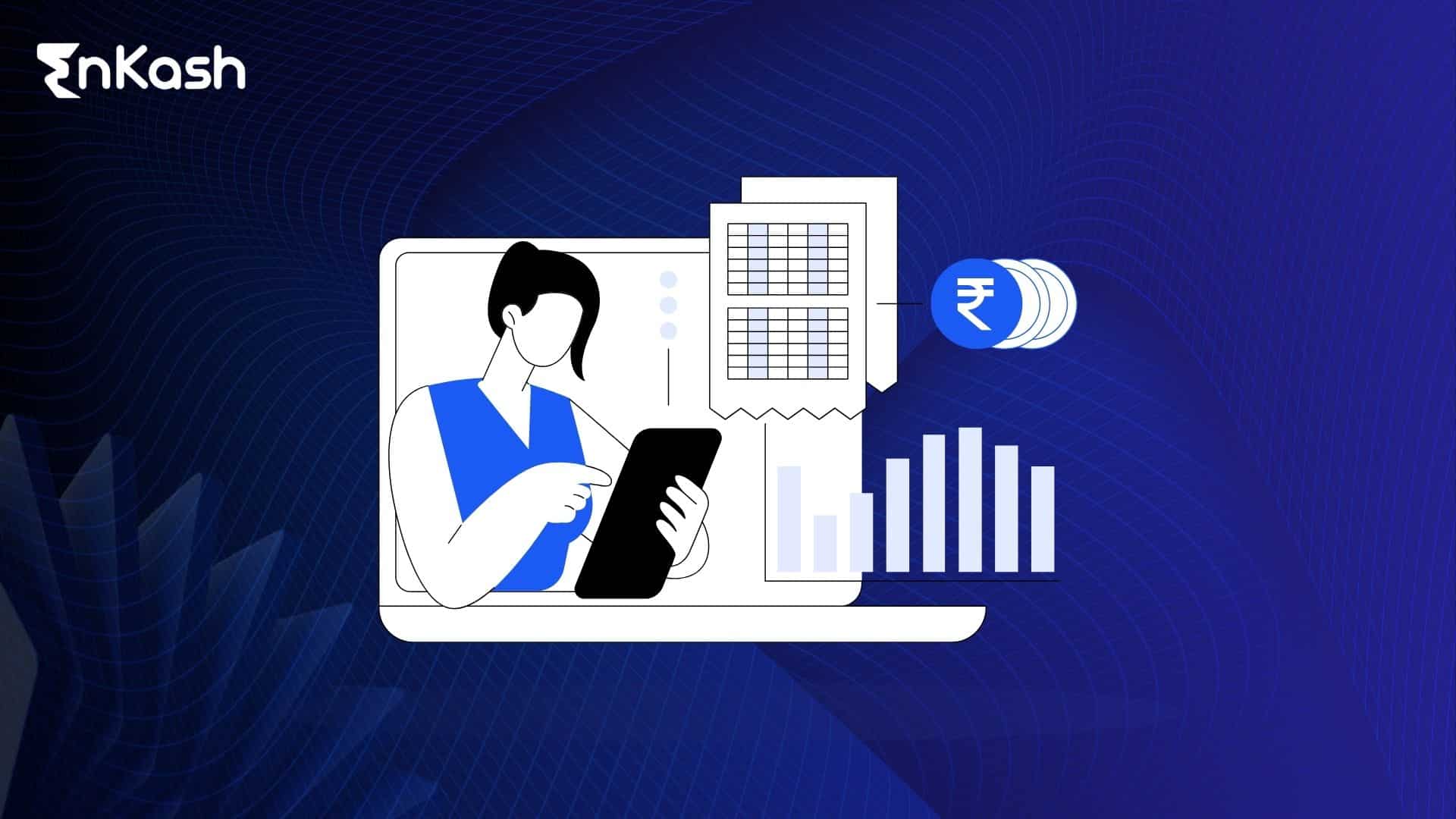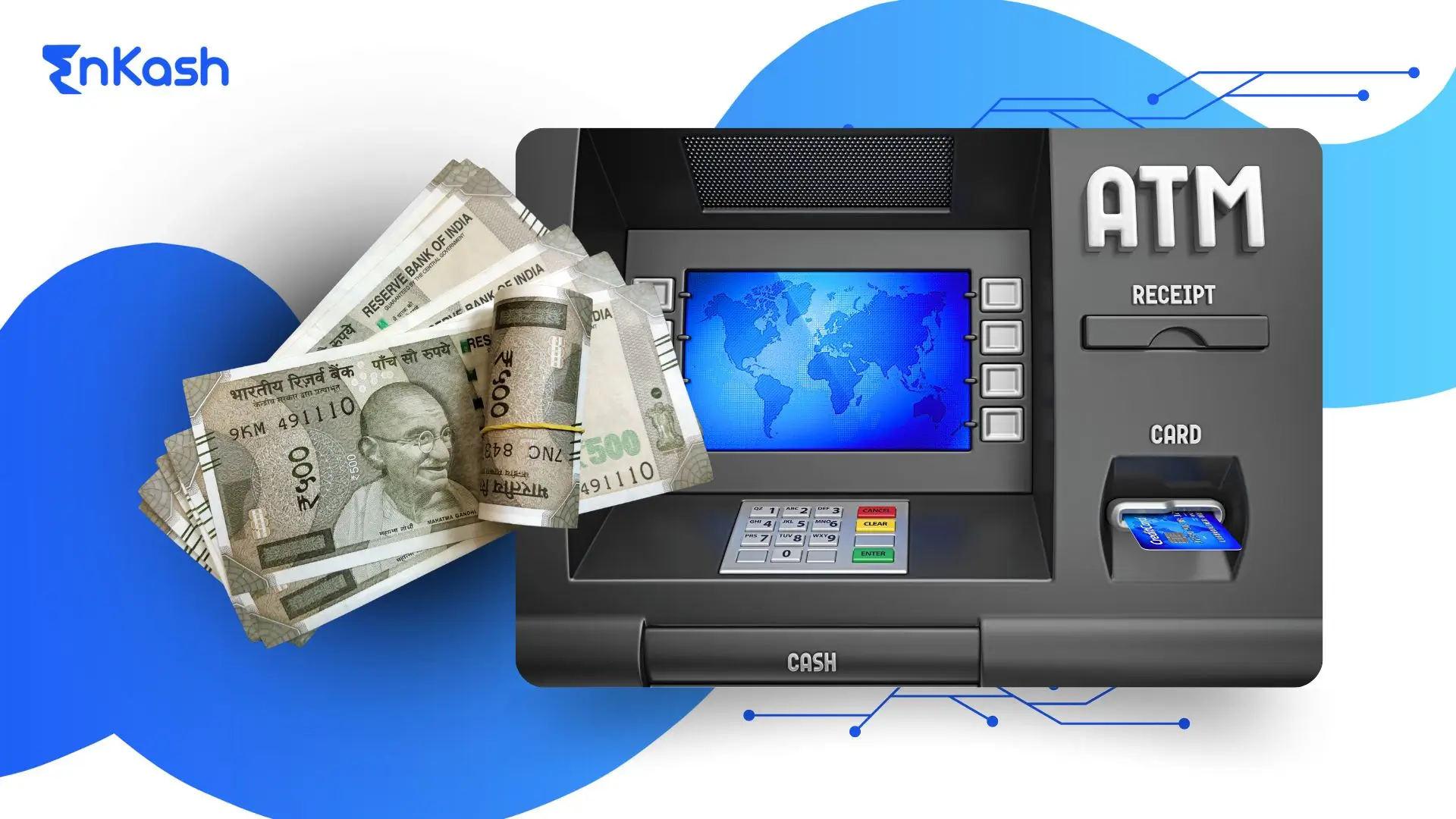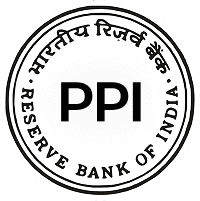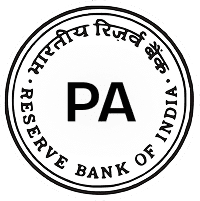As businesses strive to maintain a competitive edge and make informed decisions, managerial accounting provides the critical insights and analytical tools necessary for effective management and so the role of accounting for managerial decisions has never been more crucial.
Managerial accounting, also known as management accounting, is a specialized field of accounting that focuses on providing financial information and analysis to managers within organizations. Unlike financial accounting, which is aimed at external stakeholders, managerial accounting is tailored to meet the needs of internal management, helping them make informed decisions that drive business success.
In this blog, we will discuss and understand the meaning, importance, types, and techniques of managerial accounting.
Meaning of Managerial Accounting
Managerial accounting involves the collection, analysis, and reporting of financial and non-financial information that helps managers make strategic decisions. This branch of accounting for managerial decisions goes beyond the traditional bookkeeping tasks and goes into detailed cost analysis, budgeting, performance evaluation, and other activities that support management in planning, controlling, and decision-making processes.
Importance and Types of Managerial Accounting
The need and importance of management accounting is vital for several reasons, each of which contributes to the overall efficiency and effectiveness of an organization.
Cost Accounting
Cost accounting is a type of managerial accounting that involves tracking, recording, and analyzing costs associated with the production of goods or services. It helps managers understand the cost structure, identify inefficiencies, and make decisions to reduce costs and improve profitability.
Activity-Based Costing (ABC)
Activity-based costing (ABC) is a more refined approach to cost accounting that allocates overhead costs based on activities that drive costs. Unlike traditional costing methods, ABC provides a more accurate picture of product and service costs, helping managers make better pricing and product mix decisions.
Lean Accounting
Lean accounting prioritizes delivering financial data that empowers lean manufacturing and lean thinking principles. This approach emphasizes value stream costing, which looks at the costs associated with value-creating processes rather than individual products or departments.
Throughput Accounting
Throughput accounting is a management accounting technique that focuses on the throughput of the entire system rather than individual processes. It aims to maximize the rate at which the system generates money through sales, emphasizing the importance of constraint management.
Standard Costing
In standard costing, manufacturers estimate the expected cost of producing a good or service upfront. They then track actual production costs and compare them to these predetermined benchmarks to identify any deviations. This technique helps in identifying variances and understanding the reasons behind cost deviations, enabling managers to take corrective actions.
Marginal Costing
A costing method, where variable costs are central to understanding a business’s profit picture, is marginal costing. This technique helps managers make decisions related to pricing, production levels, and product mix by focusing on the contribution margin.
Roles and Objectives of Managerial Accounting
Managerial accounting is an essential aspect of organizational decision-making. Below are the key roles and objectives:
Support Strategic Decision-Making
Managerial accounting provides managers with essential financial and non-financial information in management strategy. It ensures that managers can obtain the information they need to set goals, select projects, or enter markets.
Enhance Planning and Control
By preparing detailed budgets and forecasts Managerial accounting assists organizations to prepare for the future. It further controls performance through variance analysis which involves comparing actual performance against the budgeted performance.
Cost Management
This mainly revolves around monitoring and controlling costs. Despite some of these approaches being implemented before, managerial accounting has guidelines based on activity-based costing and standard costing that allow organizations to reduce cost waste.
Improve Operational Efficiency
Managerial accounting helps eliminate unnecessary operational costs through the identification of internal factors that lead to such costs as high wastage, unnecessary overheads, or excess inventory thus leading to continuous improvements in the organization’s operations.
Facilitate Performance Evaluation
Managers can use performance measurement techniques such as variance analysis of the performance of individuals, departments, or products which allows for the rewarding of high achievers as well as rectifying the underperforming areas.
Support Risk Management
Managerial accountants will look into the organization and assess the financial and operational risks enabling the organization to put in measures to control the risk. These include forecasting and stress-testing to factor in changes in the market, supply chains, or any other contingencies.
Significance of Management Accounting
Management accounting plays a crucial role in modern businesses, providing essential support in key areas:
- Rational Decision Making: Management accounting involves presenting the right information to the managers, which helps to make effective decisions that would enhance the business and its activities.
- Control Over Budgets: It helps in the formulation of proper budgetary plans that limit the use of resources and thus helps the organization in achieving its set financial targets.
- Cost Control: Management accounting works through cost analysis to detect unnecessary costs and possible cost reductions to curb waste and increase profitability.
- Financial Control: Management accounting involves bringing the actual results in line with the budgetary results to maintain economic order within the business and if necessary, adjusting the business to its finances.
- Long-Term Business Forecasting: The use of forecasting and trend analysis management accounting assists organizations in looking forward to the challenges and opportunities settling their success in the long run.
- Managing Performance: Management accounting helps in managing performance by linking operational unit financial outcomes to the given division increasing productivity among the division.
- Maximized Returns: It ensures that the investment is done in the most productive way by identifying the sectors with the highest returns and investing there thereby improving the overall performance of the organization.
Techniques of Managerial Accounting
Budget Management
This technique involves preparing budgets and continuously comparing actual performance with the budgeted performance to ensure objectives are met. Variance analysis is used to identify deviations and take corrective actions.
Financial Statement Analysis
Analyzing financial statements, including the balance sheet, income statement, and cash flow statement, helps in understanding the financial health of the organization. Key ratios such as liquidity ratios, profitability ratios, and leverage ratios are calculated for deeper insights.
Cost-Volume-Profit (CVP) Analysis
CVP analysis helps businesses see how much they need to sell to cover their expenses and start making a profit. It helps in determining the breakeven point and understanding how changes in costs and volume affect profits.
Job Costing
Specific jobs or batches are assigned in this technique. It is particularly useful in industries where production is based on customer orders or projects, such as construction and manufacturing.
Process Costing
Used in industries where production is continuous and units are indistinguishable, process costing assigns costs to processes or departments. It is common in industries like chemicals, petroleum, and food processing.
Variance Analysis
This involves comparing actual performance to standard or budgeted performance. Variances are analyzed to understand their causes and take necessary actions to control costs and improve efficiency.
Trend Analysis and Forecasting
By analyzing past performance data, trends are identified, and future outcomes are forecasted.
Benchmarking
Comparing the performance of the organization with that of other companies or industry standards to identify best practices and areas for improvement.
Balanced Scorecard
This strategic planning and management system is used to align business activities to the vision and strategy of the organization. It includes financial and non-financial performance measures to provide a more balanced view of organizational performance.
Transfer Pricing
This technique involves setting prices for transactions between divisions within the same organization. It is crucial for performance measurement, resource allocation, and tax optimization in multinational companies.
Now we have understood the management accounting techniques, let’s move forward with the main concepts in managerial accounting.
Advantages of Managerial Accounting
In any organization, the adoption of management accounting has a few benefits that stand out:
- Informed Decision-Making: Managerial accounting provides accurate and timely financial information to administrators which aids them in making relevant decisions for the input of the organization.
- Cost Control: Extensive cost management enables the company to control expenses by tracking costs and recognizing areas that are uneconomical hence savings made will help to increase profits.
- Improved Planning and Forecasting: Managerial accounting roles assist in achieving realistically budgeted figures and revenue forecasts in a company which enhances financial management and effective goal planning.
- Increased Efficiency: Managerial accounting concentrates on primary activities and helps to pinpoint reproach of operations, thereby reducing costs and increasing productivity.
- Risk Management: Managerial accounting methods help businesses to manage risks by consisting of measures that anticipate risky situations reducing chances of facing losses and interruptions of business services.
- Performance Evaluation: By virtue of the use of variance analysis in performance evaluation and reward of employees, businesses are able to know the performance of a certain period and implement corrective action to attain the desired level of business revenue and operations.
- Flexible Toward Business Focuses: As opposed to financial accounting which is regulated to ensure uniformity, managerial accounting has no restrictions and can be adjusted to fit the particular circumstances and objective of the business.
What are the Main Concepts in Managerial Accounting?
- Cost Behavior: Understanding how costs react to changes in activity levels is fundamental. Costs can be classified as fixed, variable, or a combination of both (mixed). Fixed costs stay constant within a relevant activity range, while variable costs fluctuate proportionally with activity.
- Cost-Volume-Profit (CVP) Analysis: This technique explores the relationship between costs, sales volume, and profit. It helps pinpoint the breakeven point, the sales volume where total revenue equals total costs. Beyond pricing decisions, CVP analysis assesses the impact of sales volume fluctuations and evaluates the potential profitability of new ventures.
- Future vs. Past Costs: Distinguishing between relevant costs and sunk costs is critical. Relevant costs are future costs that differ between choices, while sunk costs are past costs that cannot be changed. Focusing on relevant information prevents getting swayed by past, unrecoverable expenses.
- Incremental Analysis (Differential Analysis): This approach compares the potential revenues and costs of different alternatives to identify the most profitable option. Analyzing the incremental effects of each decision helps choose the one that maximizes overall profitability.
- Contribution Margin: This metric reveals the difference between total sales revenue and variable costs. It’s a key indicator of individual product or service profitability, guiding resource allocation toward the most lucrative areas.
- Budgeting and Control: Budgets are like financial roadmaps, outlining the organization’s financial goals and plans for a specific period. They serve as a benchmark to monitor performance by comparing actual results against planned figures.
- Responsibility Accounting: In larger organizations, responsibility accounting assigns specific areas to individual managers. Each manager is accountable for the financial performance of their designated area, with responsibility reports to assess their effectiveness.
- Just-in-Time (JIT) and Lean Accounting: These philosophies focus on minimizing waste and maximizing efficiency by streamlining processes. They aim to optimize resource utilization and minimize inventory costs, ultimately enhancing operational effectiveness.
How does Managerial Accounting Work?
Managerial accounting works by gathering financial and operational data, analyzing it through various techniques, and presenting the insights in a way that empowers managers to make strategic business decisions. Here’s a breakdown of the process:
- Data Gathering: Managerial accountants collect information from various sources within the company. This includes sales figures, production costs, administrative expenses, and inventory levels.
- Cost Analysis: A core function is understanding a company’s cost structure. This involves classifying costs as fixed or variable, and potentially further categorizing them based on specific functions or products. Techniques like cost-volume-profit (CVP) analysis help assess how costs behave with changes in activity levels.
- Performance Measurement: Managerial accounting goes beyond just historical data. It uses tools like variance analysis to compare actual results with budgeted figures. This helps identify areas where the company is performing better or worse than expected.
- Budgeting and Forecasting: Financial planning is a key aspect. Managerial accounting helps create realistic budgets based on past performance, industry trends, and future goals. These budgets serve as a roadmap for the company’s financial performance.
- Decision Support: The ultimate goal is to provide insights that aid decision-making. Managerial accounting reports and analyses are presented in a way that’s relevant to specific business decisions. This could involve anything from pricing products to choosing between investments or expansion strategies.
- Continuous Improvement: Managerial accounting is an ongoing process. As the business operates and market conditions change, managerial accountants need to adapt their techniques and reporting to reflect the evolving needs of the company.
Real-World Uses of Managerial Accounting
Manufacturing: A car manufacturer uses cost-volume-profit analysis to determine the optimal production volume needed to cover all costs and generate a profit. This helps them decide on pricing strategies and plan production schedules efficiently.
Retail: A clothing store manager implements just-in-time inventory management based on sales forecasts and past trends. This minimizes storage space requirements and reduces the risk of holding excess stock that goes out of fashion.
Healthcare: A hospital administrator analyzes cost data to identify the most expensive procedures and departments. This allows them to explore cost-saving measures or implement new billing strategies to improve financial sustainability
Non-profit: A charity uses responsibility accounting to assign fundraising goals to different teams. Performance reports based on these goals help evaluate the effectiveness of each team’s fundraising efforts and optimize resource allocation
Tech Startup: A new software company uses contribution margin analysis to assess the profitability of different subscription plans. This helps them determine pricing models that maximize revenue while considering variable costs like customer support
Managerial Accounting in Different Industries
Managerial accounting finds application in all sectors to address specific needs. Below is how it operates in some of the sectors:
Manufacturing
Managerial accounting plays a significant role in the manufacturing sector in the control of costs, budgeting, and analysis of performance. Cost-volume-profit analysis and activity-based costing assist in managing the cost of production, the level of inventories, and the set prices.
Retail
Retailing involves the use of managerial accounting which helps in the control of inventory levels, pricing of goods to achieve sales, and minimization of costs. The just-in-time inventory systems along with budgeting work so that the retailer only buys stock that is necessary to fulfill immediate consumption needs, preventing overstocks.
Healthcare
Managerial accounting is also very useful in healthcare as it aids institutions in keeping their costs down when providing services to patients. Cost accounting helps hospitals to pinpoint their high-cost areas such as certain medical services or departments and cut down wasteful practices.
Non-Profit Organizations
Non-profit organizations use managerial accounting to monitor the flow of funds and expenditure of funds. Managers can utilize responsibility accounting to measure performance in different areas of the organization and help in achieving the overall targets of the organization, and its mission as well.
Technology Startups
For new ventures, contribution margin breaks down and aids in deciding which product line or service line can contribute more margins. As operations grow, budgeting and forecasting become more important to allow for maintaining activities in a welfare manner.
Construction
Managerial accounting in the construction industry helps monitor project costs, manage cash flow, and track budgets. Job costing allows managers to assign costs to specific projects, ensuring that each project stays within budget.
Limitations of Managerial Accounting
Despite its benefits, managerial accounting does have some limitations. Let us now look at some of the caveats of managerial accounting.
- Dependence on Data: Managerial accounting is data-driven. Hence, if the data provided is inaccurate, this would offset the primary purpose of managerial accounting which is to aid decision-making.
- Subjectivity: Some techniques of managerial accounting such as forecasting and variance reporting have certain assumptions that are made when preparing the financial statements introducing subjectivity into the financial reports.
- Costly Implementation: Practices of managerial accounting may be expensive to implement, especially so for young small-scale businesses
- Overemphasis on Financial Metrics: While financial data is critical, managerial accounting may overlook non-financial factors like employee morale or customer satisfaction, which can have long-term effects on the business.
- Complexity: Managerial accounting is an advanced course that requires special training. It might not be feasible for small businesses without any accounting department to implement some of the strategies.
- Focus on Internal Data: Managerial accounting considers internal data without regard to external data such as changes in the market, consumer behaviour, or even government policies that may affect the performance of a business.
Difference Between Financial and Managerial Accounting
Here are some of the main differences between financial and managerial accounting:
Focus
Financial accounting focuses on the past financial performance of a company. It aims to provide a standardized and transparent view of the company’s health for external stakeholders like investors, creditors, and regulatory bodies, whereas managerial accounting focuses on the present and future of a company. It provides detailed and customized information to internal stakeholders like managers to help them make informed decisions.
Information Type
Financial Accounting deals primarily with historical financial data summarized in financial statements like the balance sheet, income statement, and cash flow statement, whereas managerial accounting utilizes both historical and future-oriented data, including budgets, forecasts, cost analyses, and non-financial metrics like employee productivity.
Regulations
Financial Accounting follows a strict set of generally accepted accounting principles (GAAP) or international financial reporting standards (IFRS) to ensure consistency and comparability across companies, whereas managerial accounting has more flexibility in its methods and reporting formats. It can be tailored to the specific needs of each company.
Reporting
Financial accounting generates reports that are periodic (usually quarterly and annually) and publicly available, whereas managerial Accounting generates reports that are frequent (can be daily, weekly, or monthly) and are for internal use only.
Conclusion
Accounting for managerial decisions is an indispensable process for modern businesses, providing the critical insights and analytical tools needed for effective management. By understanding the meaning, importance, types, and techniques of managerial accounting, managers can make informed decisions, plan strategically, and optimize performance.
Incorporating managerial accounting into the decision-making process not only enhances the accuracy and reliability of financial information but also fosters a culture of accountability and continuous improvement within the organization. As businesses continue to evolve and face new challenges, the role of managerial accounting will undoubtedly remain important in driving growth.
FAQs
How does managerial accounting tackle cost-effectiveness?
Management accounting focuses on understanding the entire cost structure and determining the areas where costs are not efficiently controlled. As a result, it assists organizations in minimizing excess, using the resources in the most effective manner, and enhancing the profit level.
What are the drawbacks of managerial accounting?
Limitations include its dependency on estimates, lack of standardized formats, and the need for significant time and resources to collect and analyze data.
What are the main tools and techniques in managerial accounting?
Tools and techniques of accounting include cost accounting, activity-based costing (ABC), variances analysis, budgeting, analysis of financial statements, cost volume profit (CVP) analysis, and forecasting trends.
Why do companies need managerial accounting?
It enables managers to analyze costs so as to choose the best options possible and make operational strategies work while controlling for the financial risks that are available through budgeting and evaluation of performance.
Can managerial accounting techniques be applied to all industries?
Yes, managerial accounting techniques are adaptable and used across industries like manufacturing, retail, healthcare, non-profits, and technology to address specific operational challenges and requirements.








